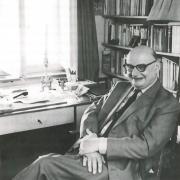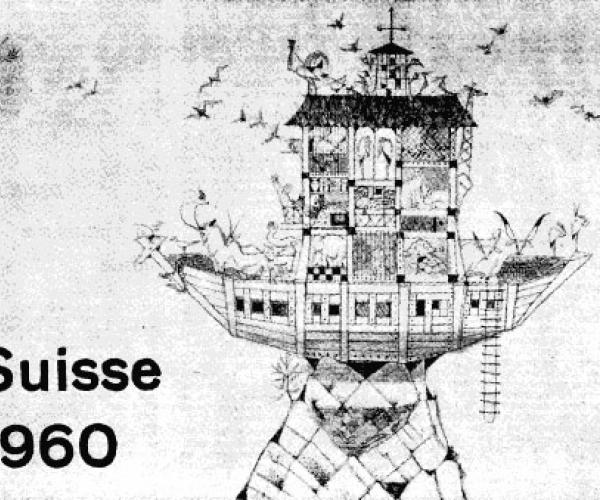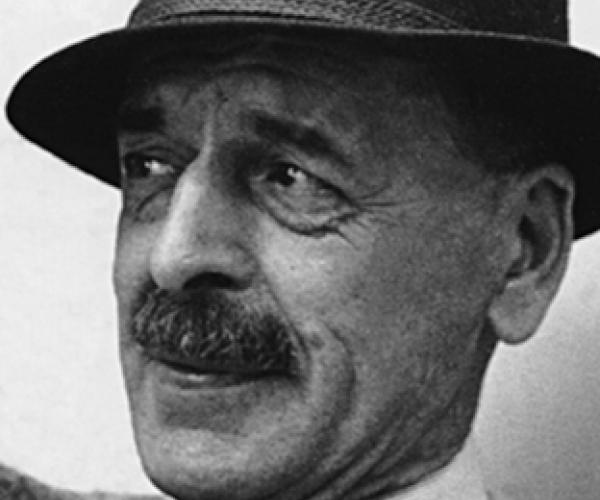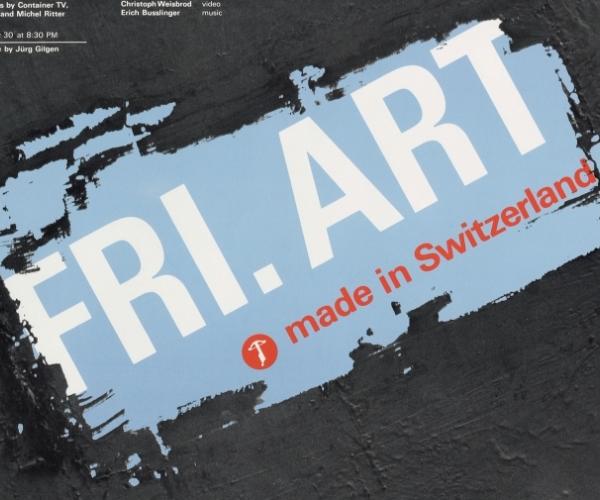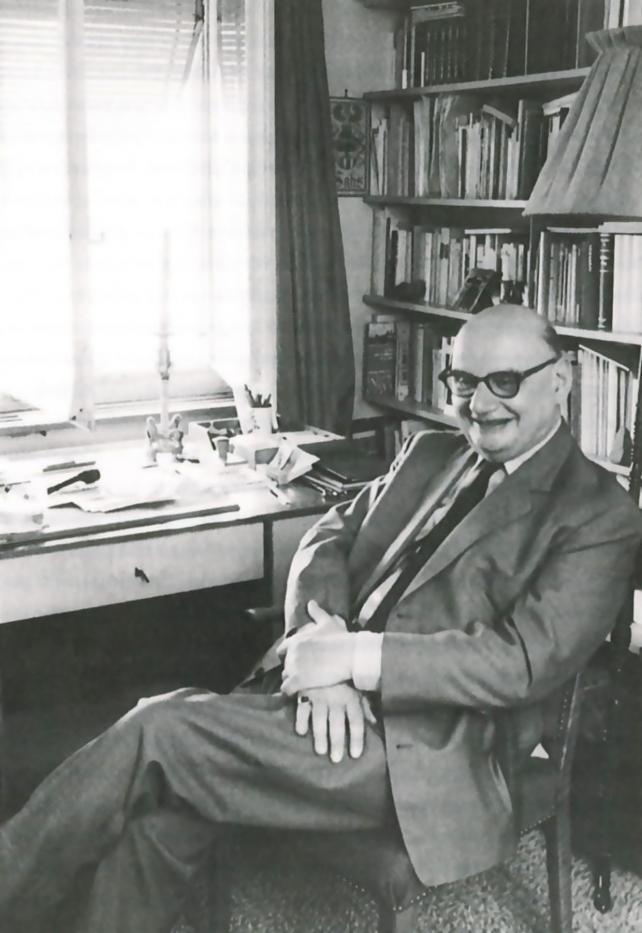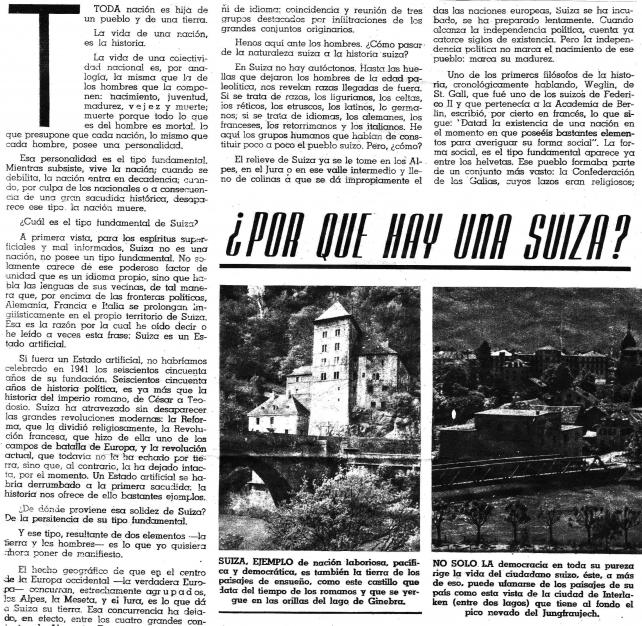Pro Helvetia and the Spiritual defence
Pro Helvetia is the most important instrument of the Confederation’s cultural policy. It was a product of the Spiritual defence and the National exhibition of 1939. In the context of the threats of totalitarianism in the 1930s, the Federal authorities realised the importance of culture for the national identity. To justify Switzerland’s autonomous existence surrounded by the major powers in Europe, it was essential to have an indigenous national identity. The Spiritual defence portrayed Switzerland as the result of three European cultures meeting in one territory. Founded as a charity on a temporary basis in 1939, Pro Helvetia was enlisted to see to a cultural mobilisation and mandated to promote the “Swiss spirit” abroad. Due to the war, however, international activities did not start until the latter half of the 1940s.
Until the late 1950s, Pro Helvetia barely strayed from its original purpose and kept propagating the position of the Spiritual defence with its projects abroad.While the Art exhibitions emphasised the originality of Swiss artistic creation, the Foundation’s press office worked at consolidating the ideology of the Swiss Sonderfall.
Nevertheless, Pro Helvetia’s special position as a tool for the Confederation’s cultural policy, while under the scrutiny of the cultural milieu itself prompted a change of attitude in the early 1960s. In order not to become alienated from the creative world, whose protagonists often criticised Switzerland’s conformity and narrow-mindedness, the Foundation gradually liberated itself from the more orthodox views on Spiritual defence. During the Cold War, the generosity of its policy of encouraging artistic creativity drew fierce criticism from the more reactionary circles.
Particularly during the presidency of Jean-Rodolphe de Salis, who ran Pro Helvetia from 1952 to 1964, antagonism with the opposing parties was rife. As a historian and journalist, de Salis encouraged cultural exchange with foreign countries – even with those behind the Iron Curtain. Such openness provoked a flurry of criticism, particularly from the Schweizerischer Aufklärungsdienst, a strongly anti-communist organisation devoted to the Spiritual defence and subsidised by the Confederation, by cantons and private companies. In a letter to the Federal Council, written in 1961, de Salis fiercely denounced the totalitarian tendencies of anti-communist activities he associated with the spirit of Nazi times.
Pro Helvetia’s liberation from its original role was also reflected in its cultural policy. While the Foundation’s information policy had been intended to consolidate national myths, in the 1970s and 1980s it contributed to the challenge of exactly these concepts. A passage in a book on Swiss history, commissioned by Pro Helvetia and published in 1984 for distribution abroad confirms this development: Occasionally Switzerland is called the oldest democracy of the world. Our aim is not the justification of such a title, but rather to broadly outline the country’s evolution from its origins to the present.
More than four decades after its creation, the Spiritual defence has run its course for Pro Helvetia, which renounces myths and ideology in favour of meeting today’s challenges. (tk)
Bibliography
Bitterli, Urs : Jean Rudolf von Salis: Historiker in bewegter Zeit, Zurich, NZZ Libro 2009
Geistige Landesverteidigung : helvetischer Totalitarismus oder antitotalitärer Basiskompromiss ? in : Die Erfindung der Schweiz 1848-1998. Bildentwürfe einer Nation, Zurich, Chronos 1998, pp. 364-379
Mooser, Josef : Die ‚Geistige Landesverteidigung’ in den 1930er Jahren, in : Revue suisse d’histoire 1997 Nr. 4, pp. 685-708
Rüegg, Severin : Une diversité sans conflits : la politique de promotion en Suisse, in : Hauser, Claude ; Seger, Bruno ; Tanner, Jakob (éd.), Entre culture et politique. Pro Helvetia 1939 à 2009, Genève, Slatkine 2010, pp. 153-183


